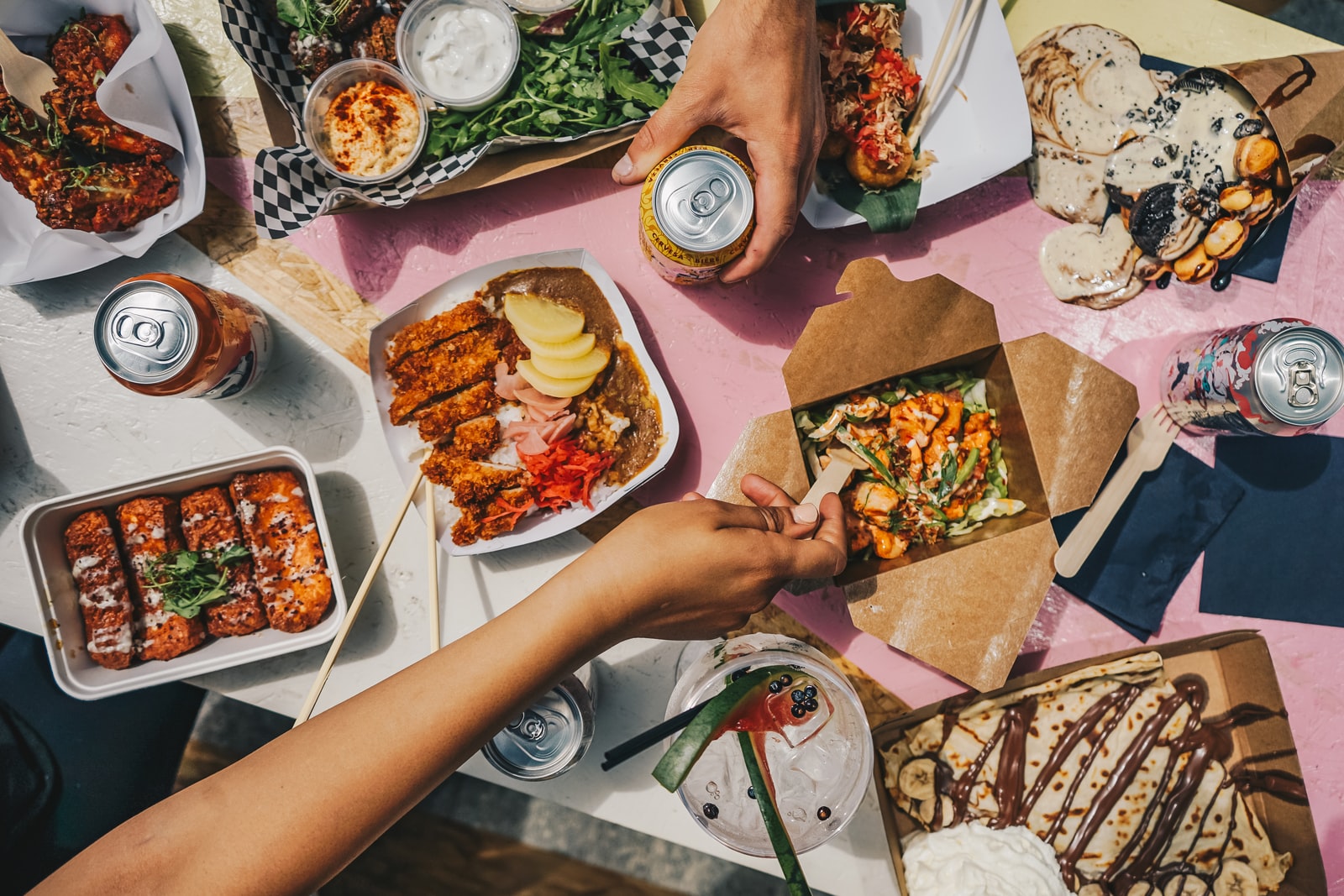おはようございます。KANOです。今回はこちらの記事から。

本の中の美味しそうな食べ物の描写について。
村上春樹のサラダは好き。
predicament
意味 C[しばしば one’s ~]苦境, 窮状, 難局
Reading while hungry is not a predicament known to Dwight Garner, because, as he tells us in “The Upstairs Delicatessen,” his winning new book, he cannot read without also eating, and, as a book critic for the Times, he reads quite a bit.
https://www.newyorker.com/books/page-turner/for-a-hungry-book-critic-every-word-is-a-feast
indiscriminate
意味 無差別の, 見境のない, やたらの, 思慮のない
Garner’s early reading tastes were indiscriminate; the library kept him well stocked. His eating habits were necessarily narrower, dependent on the supplies his parents had in the kitchen. He liked pretzels, mayonnaise-and-cheese sandwiches, Hydrox cookies with milk, and potato chips. The bread was white; the drink was red, made from a mix. “Everyone wasn’t a sophisticate,” he writes. His father’s people were “coal miners and gunsmiths, all of them hunters.”
https://www.newyorker.com/books/page-turner/for-a-hungry-book-critic-every-word-is-a-feast
読書って没頭できるしお金かけずに長く楽しめる良い趣味だよね。
venison
意味 [U] (食用の) シカ肉.
Their freezer was full of venison. Fascinatingly, Garner’s paternal grandfather was a follower of Horace Fletcher, a.k.a. the Great Masticator, one of those freaky food influencers of the Victorian era, who advised chewing a meal until it turned to liquid in the mouth. Garner’s mother was not an enthusiastic cook—her cuisine was heavy on Kraft and Cool Whip—but, many years later, he remains devoted to the memory of her egg foo yong.
https://www.newyorker.com/books/page-turner/for-a-hungry-book-critic-every-word-is-a-feast
tub
意味 (食べ物を入れておくふた付きの) 容器, タッパー
She’ll have the in-season fruit with yogurt; I’ll take the three-cheese omelet with home fries. She has never, to the best of my knowledge, eaten in a food court or on an airplane because it wouldn’t occur to her. Why not wait for something better? I smell the warm cookies in first class and can’t wait for my little tub of indistinct protein—is that a belly-button lint cutlet?—to arrive in 23D.
https://www.newyorker.com/books/page-turner/for-a-hungry-book-critic-every-word-is-a-feast
kindle
意味 〈火〉を燃やす; 〈物〉に火をつける, 点火する
Paley had a way with verbs. In the same story, Faith does not brew a pot of coffee but kindles it. Later, after the men have finally, thank God, left, she will pour some into a mug that says “MAMA” to enjoy a private moment with her thoughts. “How fortunate we are to be food-consuming animals,” Iris Murdoch wrote. And how fortunate, too, to be word-consuming ones, because reading, like eating, never ends. ♦
https://www.newyorker.com/books/page-turner/for-a-hungry-book-critic-every-word-is-a-feast
AmazonKindleから「〈感情· 興味など〉を燃え立たせる, かき立てる」意味は何となく覚えてたんだけど…現実に「燃やす」意味があるのか。


